*Written by Alyssa Wright – Media and Marketing Manager at Trident Early Learning.*
"All they do is play!"
Sadly, this is a quote we know all too well. Over the years, we have heard this comment made by many families, friends, peers, and members of the community. Unfortunately, a lot of people are unaware about how beneficial play is to learning and development, and the important role it plays in acquiring and mastering skills.
Play is often described as children’s ‘work’. They learn most effectively when they are relaxed and having fun. Children’s learning becomes meaningful when they are free to learn at their own rate, in their own way, with a program that is relevant to their lives and passions.
At Trident Early Learning, we believe that play is the most vital component in supporting children's development which is why we are passionate about our play-based learning philosophy. Children learn vital skills through a play-based curriculum as they have a sense of agency, and are encouraged to make choices and share in decision making.
A play-based program is important for all age groups. Beginning at infancy with our younger childcare age groups, the program forms the basis for all rooms, up to and including our 4 year old kindergarten school readiness program. Educators guide children through intentional teaching, provision of experiences and activities, scaffolding, and the leading and guiding of conversations, which all support skill development and the acquisition of knowledge.
Our educational program is interactive and exploratory, involving interaction with a rich variety of materials and equipment. We also incorporate as many ‘real life’, meaningful play experiences as possible, e.g., woodwork, threading, home corner, dramatic play. Children are taught new techniques and are introduced to a range of creative materials, but are always encouraged to use their own ideas and carry out their own work.
The indoor/outdoor program gives children the freedom to decide where they wish to play, regardless of weather constraints. We value outdoor play and think of our indoor and outdoor environments as one whole space rather than separate areas. Children are provided with opportunities to explore the natural environment, engage in sustainable practices, and learn about the world around them.
Play enables development, and as children develop, so does their play. Child-directed, play-based programs assist children in gaining a range of social, cognitive, emotional, lingual & physical skills. Play helps children grow emotionally as it is joyful and provides an outlet for anxiety and stress. It also encourages and supports creativity, imagination, and self-regulation.
To the untrained eye, it looks like children are just playing with toys and materials. However, they are learning:
- mathematical concepts - size, shape, width, height, balance, number, counting.
- language and literacy concepts - letter recognition, sounds, words, listening skills, writing skills, comprehension.
- cognitive concepts - problem solving, imagination, creativity, concentration, persistence, resilience.
- social and emotional concepts - independence, turn taking, sharing, negotiation, self-regulation, empathy, fairness.
Play helps children to develop, strengthen and practice physical skills, develop hand/eye coordination, explore challenges, take risks, and hone many other vital life skills. Through the provision of a wide range of materials, children have the opportunity to master skills and explore and extend on their learning and experiences.
Long periods of uninterrupted play are crucial for developing skills as they support and build children’s concentration and the inner motivation to take responsibility for their own learning. We believe in letting children dictate and lead their own play without constant interruption from adults. We encourage them to take calculated risks and make their own choices. A positive sense of self is the most powerful tool for all learning.
Next time you are visiting one of our childcare or kindergarten rooms, have a look around you with this fresh perspective. Hopefully you will see the beautiful learning happening right in front of your eyes, that you may have never noticed before.
Through play, babies and young children explore and learn to understand the world around them as they come to communicate, discover, imagine and create. When children play, they are showing what they have learned and what they are trying to understand.
This is why play is valued as the most important service that we provide within our childcare and kindergarten organisation.
Resources:
Milestone Child Care & Kindergarten - Philosophy Series: Play-Based Learning
UNICEF - Learning Through Play
Western Australian Government - Importance of Play Based Learning
Sources:
Gowrie NSW - What is Play Based Learning?
Marilyn Fleer - Conceptual Play: Foregrounding Imagination and Cognition during Concept Formation in Early Years Education
Starting Blocks - The Importance of Play in Children's Learning and Development




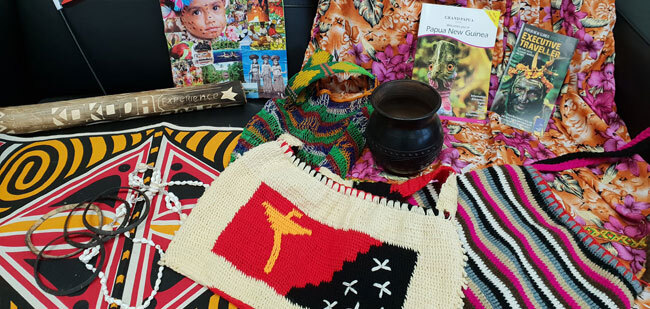
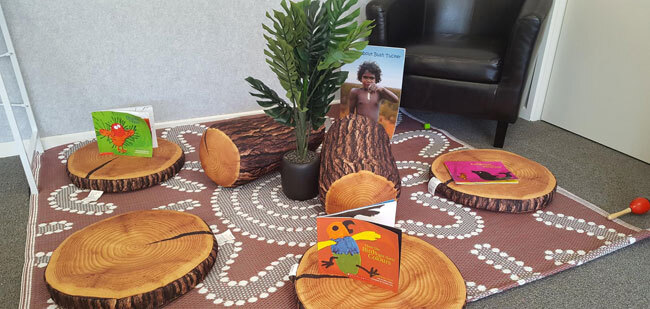
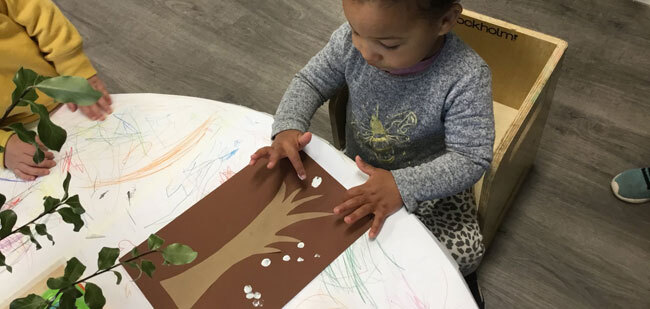
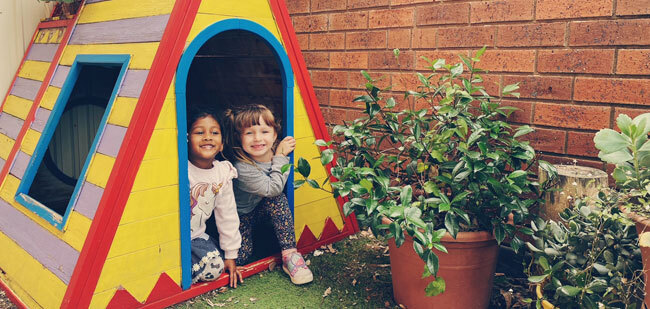
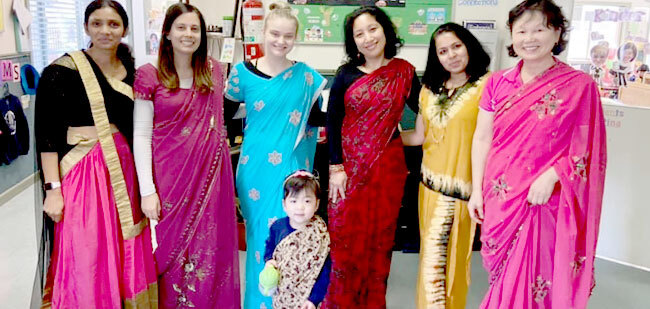
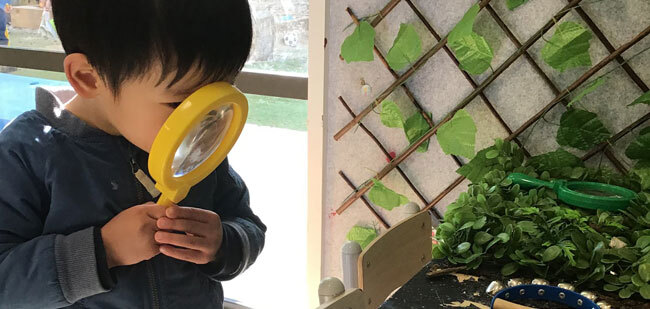
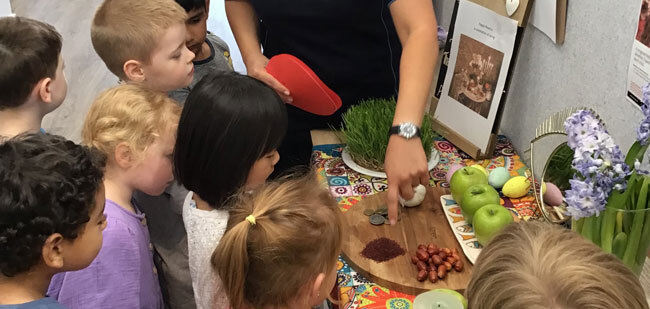
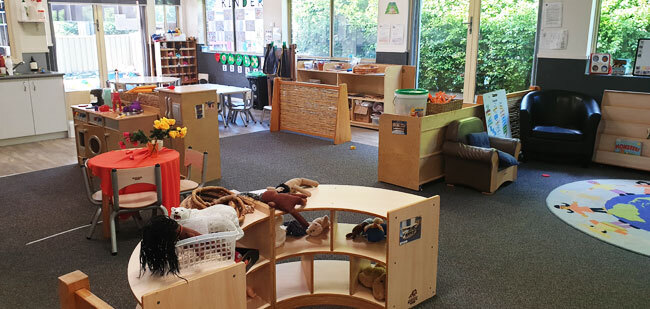
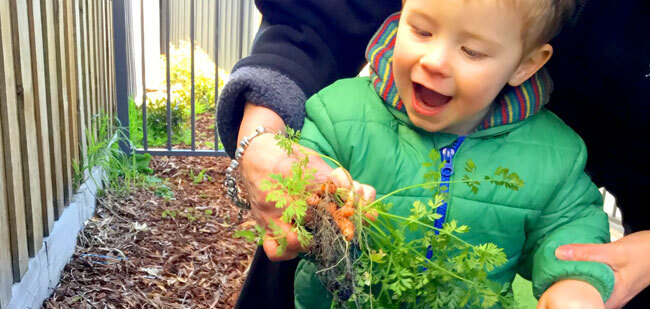
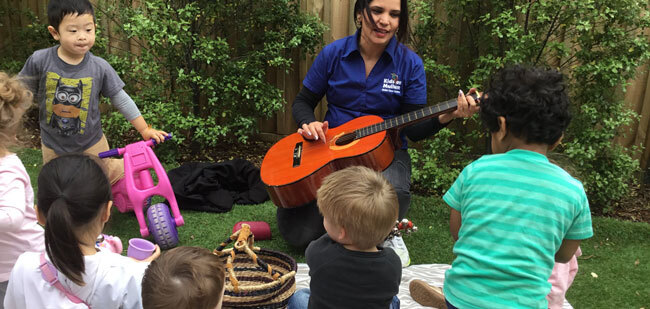
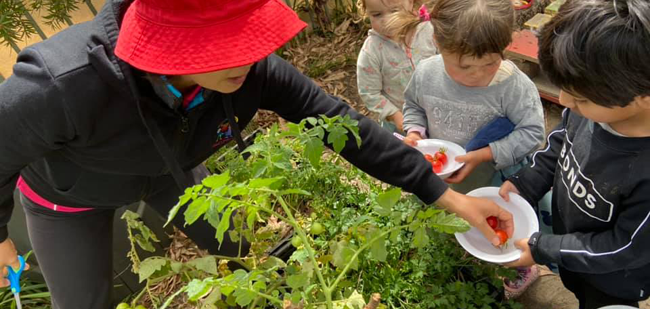
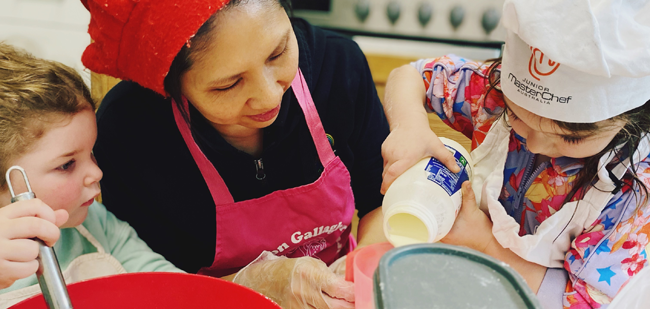
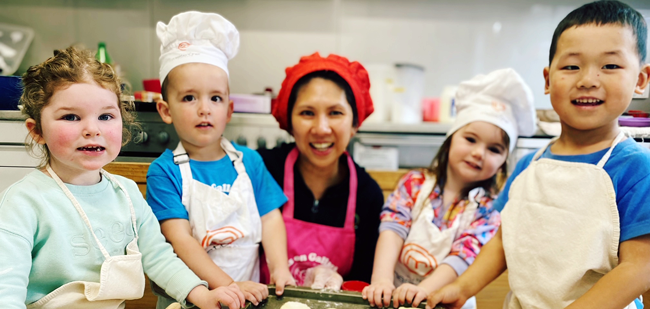
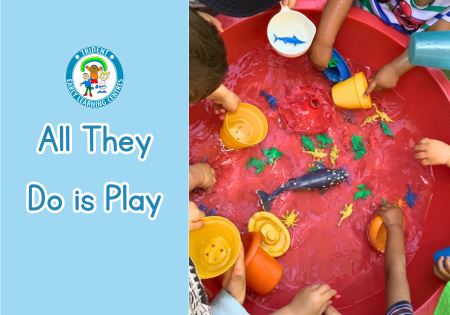
 info@tridentearlylearning.com.au
info@tridentearlylearning.com.au